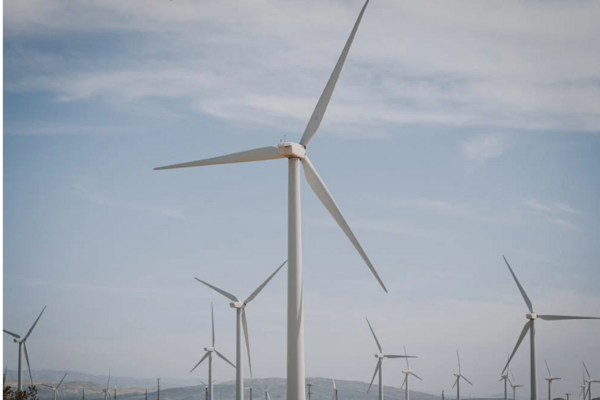The World Bank has announced funding of $200 million for three projects in Sri Lanka over the next three months. These projects will focus on renewable energy development, rural infrastructure, and education.
As part of the renewable energy initiative, the funding will support the establishment of a facility to attract private investment in clean energy. This was stated by Martin Raiser, the World Bank Vice President for South Asia, during his two-day visit to Sri Lanka.
Raiser held discussions with President Anura Kumara Dissanayake, government officials, private sector investors, and development partners. Topics included Sri Lanka’s economic recovery efforts and strategies for long-term growth.
The World Bank highlighted that Sri Lanka has potential in areas such as renewable energy, tourism, logistics, agricultural value chains, and the digital economy. However, further improvements in the business environment will be needed to unlock this potential.
Sri Lanka is also working independently to expand its renewable energy sector. Under the “Soorya Bala Sangramaya” (Battle for Solar Energy) program, the government aims to add 1,000 MW of rooftop solar capacity by 2025. As of now, the program has contributed over 400 MW of installed solar capacity, with thousands of homes, schools, hospitals, and small businesses adopting rooftop solar systems.
In addition to solar, wind power projects in Mannar and Pooneryn contribute around 300 MW to the national grid. Rural electrification programs are also being implemented with off-grid solar systems to provide electricity to remote areas.
Micro-hydro energy is another initiative, particularly in the central highlands, where small hydro plants generate electricity for local communities. These projects help reduce reliance on fossil fuel imports and provide sustainable energy solutions to underserved regions. The World Bank’s financial support and Sri Lanka’s ongoing renewable energy programs aim to enhance the country’s energy security and promote sustainable development.

